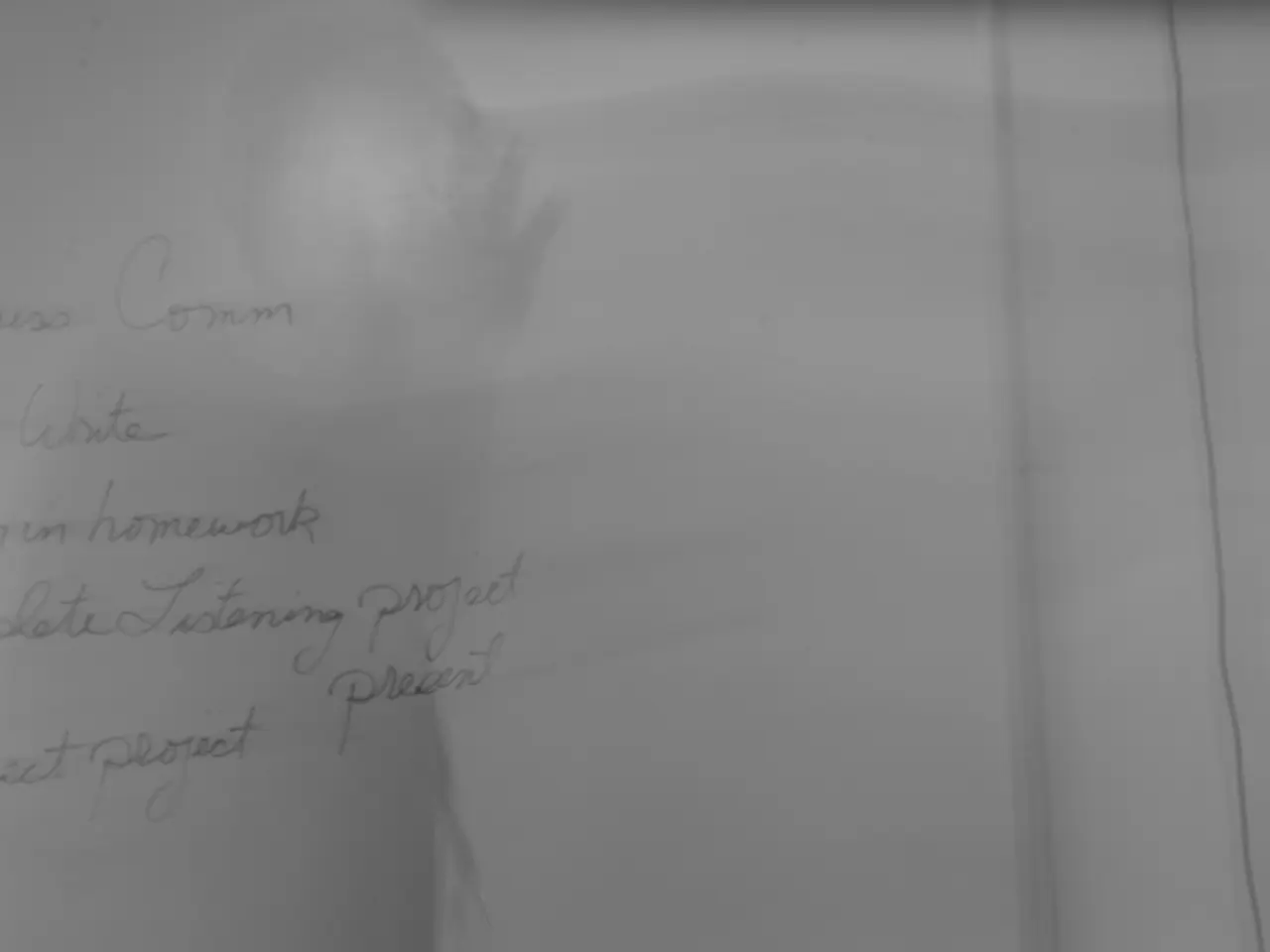Increased 1099-K requirements for Venmo, Cash App, and PayPal users: Essential details to understand about your tax obligations
News Article: OBBBA Reverses Lowering of 1099-K Reporting Threshold
The One Big Beautiful Bill Act (OBBBA), signed into law in 2025, has reversed the previously planned lowering of the IRS Form 1099-K reporting threshold for Americans selling goods online or using third-party platforms.
The Act restores the longstanding 1099-K reporting threshold of $20,000 in payments and 200 or more transactions per calendar year, effective for the 2025 tax year. This means third-party payment processors and marketplaces are required to issue Form 1099-K only if a seller’s gross payments exceed $20,000 and they conduct more than 200 transactions in a year.
Ella Rivkin, CEO of ERPS Group, stated that this change will eliminate confusion and reporting requirements for occasional sellers. The new law offers relief to millions of Americans who sell goods online or use third-party platforms.
It's important to note that the previous rule, set by the American Rescue Plan Act of 2021, had intended to lower the threshold drastically to $600 regardless of transaction number starting in 2026. This would have dramatically increased the number of taxpayers receiving 1099-K forms.
The IRS implemented some phased thresholds for 2022 to 2024—with a $5,000 threshold in 2024—but these have been superseded by the OBBBA return to $20,000/200 transactions.
The 1099-K is issued by payment platforms to report the gross amount processed and must be reconciled by taxpayers, as taxable income may differ. Taxpayers are still responsible for reporting all taxable income, even if they don't meet the 1099-K threshold or don't receive a form.
Income from personal sales, freelance work, and rental income should be reported differently on tax returns (Schedule C, Schedule E, respectively). Houston recommends using an Excel spreadsheet or QuickBooks Online to organize records and distinguish between personal and business transactions.
Zelle, a direct bank-to-bank transfer service, is an exception to the new 1099-K rules. Zelle does not fall within the category of platforms required to follow 1099-K reporting requirements because it never has custody of the funds. If a 1099-K is issued in error, the recipient should contact the issuer and request a corrected version with the erroneous amounts removed.
Companies must issue Form 1099-K by January 31 of the following year. The new tax law reverses the planned lowering of the 1099-K reporting threshold, providing a reprieve for casual sellers, freelancers, and small businesses using online marketplaces.
[1] IRS.gov - 1099-K Information Center [2] ERPS Group - OBBBA Explained: What It Means for Small Businesses [3] Forbes - The One Big Beautiful Bill Act: A New Era for Small Businesses [4] Tax Policy Center - The Impact of the One Big Beautiful Bill Act on Small Businesses [5] NPR - The One Big Beautiful Bill Act: What It Means for Taxes and Small Businesses
The One Big Beautiful Bill Act (OBBBA) has significant implications for small businesses and freelancers, as it restores the 1099-K reporting threshold for third-party platforms to its original level of $20,000 in payments and 200 or more transactions per calendar year. This means that there will be relief for millions of Americans engaged in business activities, such as occasional sellers, who would have been subject to increased reporting requirements under the previous rule.
In the realm of finance, this change in the 1099-K reporting threshold can greatly impact the business operations of individuals and small entities using online marketplaces, as it eliminates the confusion and reduces the number of taxpayers receiving forms.




